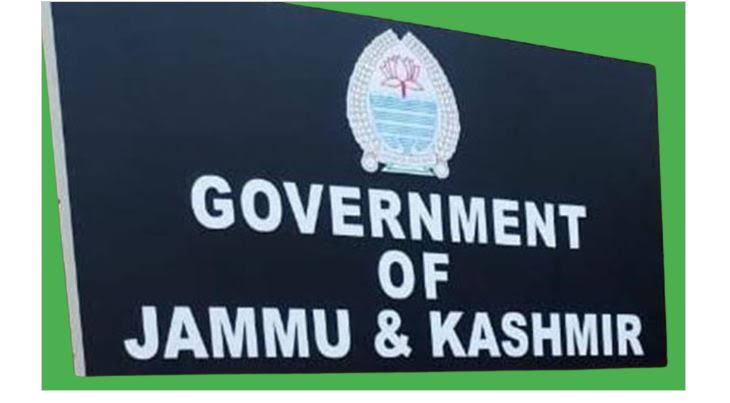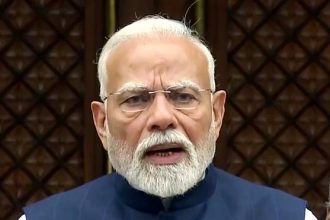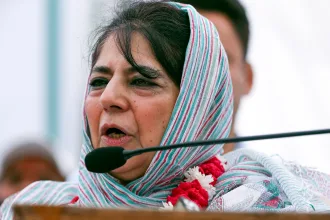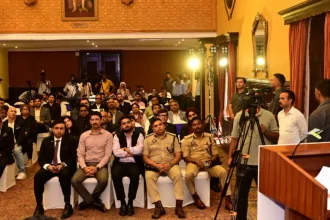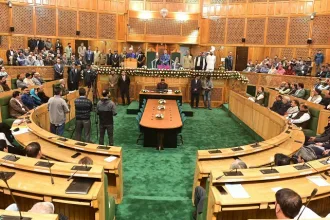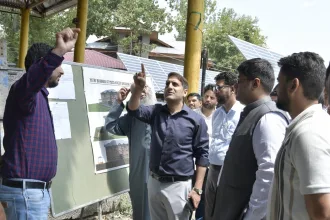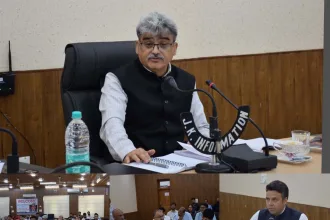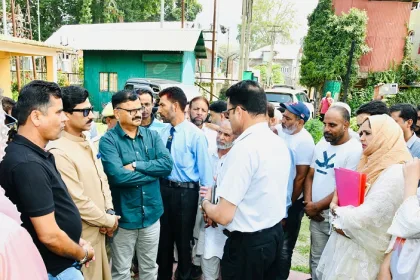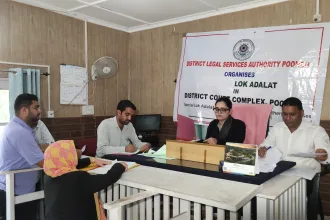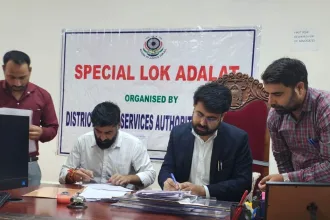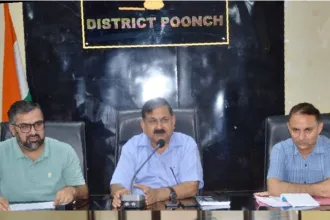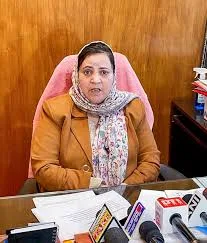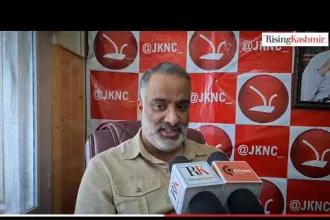- Quick Links
- About Us
- Contact Us
- E-Paper
Search
Archives
- August 2025
- July 2025
- June 2025
- May 2025
- April 2025
- March 2025
- February 2025
- January 2025
- December 2024
- November 2024
- October 2024
- September 2024
- August 2024
- July 2024
- June 2024
- May 2024
- April 2024
- March 2024
- February 2024
- January 2024
- December 2023
- November 2023
- October 2023
- September 2023
- August 2023
- July 2023
- June 2023
- May 2023
- April 2023
- March 2023
- February 2023
- January 2023
- December 2022
- November 2022
- October 2022
- September 2022
- August 2022
- July 2022
- June 2022
- May 2022
© 2022 Foxiz News Network. Ruby Design Company. All Rights Reserved.
Notification Show More
J&K govt to take over 215 schools affiliated with Jamat-e-Islami, Falah-e-Aam Trust
The Jammu and Kashmir government on Saturday issued an order to take over the management of 215 schools affiliated with the banned Jamat-e-Islami (JeI) and Falah-e-Aam Trust (FAT). According to…
Terrorism has no place in today’s Kashmir: LG Sinha
•Kashmiris now rally against terror, not for it •LalChowk now waves the Tiranga, not protest banners •J&K sees surge in private investment since 2020 •Peace, progress replace fear in J&K…
Secy RDD inspects progress on Niwas at Kheer Bhawani Temple
Directs for strict adherence to timeline for project completion
Police books narcotics offender under PIT NDPS Act
Sopore, Aug 23: Continuing its intensified drive against narcotics, Police in Sopore have…
Dr K Gopalakrishnan calls on LG Sinha
Establishment of Satellite Incubator Centre at IUST discussed
CS vows full support to boost Budgam’s economy
Calls for timely implementation, saturation of dev, welfare schemes
Lok Adalat held at Poonch dist court
Dozens of long-pending cases resolved
Manimahesh Yatra leaves from Doda
Doda, Aug 23: Deputy Commissioner Harvinder Singh, along with Senior Superintendent of…
Udhampur: Spl Lok Adalat settles 298 traffic challan, civil Cases
Udhampur, Aug 23: In accordance with the directions of the Jammu &…
DC Poonch reviews functioning of CSCs
Poonch, Aug 23: Deputy Commissioner Poonch Ashok Kumar Sharma today chaired a…
WINGED SYMPHONY-1: Eurasian Teal tops bird count in Kashmir’s wetland census
67 species, 1.34 million birdscounted across 26 wetlands in Asian Waterbird Census 2025
ISRO’s Roadmap for Viksit Bharat 2047
Indian Space Research is entering into a new era that will define the nation’s roadmap for Viksit Bharat 2047.This was…
Sports
Education Minister denies permanent takeover of Jamaat-linked schools
- Sakina Itoo says nearby govt principals to ensure students’ continued education…
Weather
16°C
Srinagar
moderate rain
16° _ 16°
91%
1 km/h
Sun
21 °C
Mon
26 °C
Tue
25 °C
Wed
27 °C
Thu
25 °C



